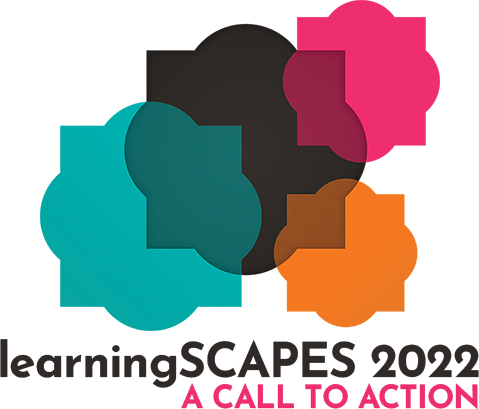 | 1 LU / HSW |
 | 1 LU / HSW |
Different learners experience their school buildings in unique ways. In an effort to create more culturally responsive learning spaces, we recognize that we should re-evaluate our processes to ensure we are not designing solely for the dominant perspective. Student race, gender, class, sexuality, ability, and socioeconomic identities intersect and can be used as a tool for exclusion and otherness. Structural and systemic factors must be considered to ensure an ethos of equity in public school design. An in-depth interview protocol was developed to consider how equity work that is applicable, but tangential to design, can be applied to the design process. Dallas Afterschool and the Human Rights Campaign Foundation Welcoming Schools Program were identified as key stakeholders due to the alignment of their work with the goals of this research, where they train teachers and implement supplemental education programs to address the educational attainment gap. Reporting out on research findings, the presenting team will elaborate on a framework for design that 1. Eliminates Barriers, 2. Responsively Disrupts, 3. Intra-Represents, and 4. Engages Authentically, to create inclusive spaces where all learners can flourish. This engaging workshop style presentation will ask participants to actively contribute to our understanding of how the design of school facilities can other and exclude. Situated within a larger effort to develop a guide that can be leveraged to implement design strategies that enhance a sense of agency and belonging for students, participants in this session will be asked to center empathy when making decisions for those they serve. By understanding paradigms, establishing an evidence base, and exploring best practices for leveraging diverse stakeholders’ perspectives in the design process, participants will rethink power dynamics within the design process.
Learning Objectives:

Dr. Mantooth thrives in interdisciplinary collaborative settings, where multiple perspectives are brought to the table, navigating opposing priorities to find common ground where all can flourish. Her compassion and curiosity are a guiding force in her work. By not just evaluating the what, but understanding the why to offer insight into the impact of design on student and teacher outcomes. Dr. Mantooth's work is grounded in her passion for advancing the liberating power of education. Challenging assumptions, advocating for all learners, and furthering our understanding of how the physical environment influences motivation, teaching, and learning processes is the foundation for the questions she asks and the work she does.

Zac strives to dig deep alongside the client/users to understand challenges and provide resolution through creative solutions. In taking advantage of his high emotional intelligence, Zac is able to connect easily, understand, and transform ideas into equitable physical solutions that are both beautiful and elevate the environmental experience. A lifelong learner, Zac's passion is challenging the norm, pushing boundaries and deconstructing historical context all in an effort to reimagine and enhance quality of life through design. He enjoys being involved in all stages of the design process from the beginning of the Discovery phase where we dream together, to the finite details of picking a font for the campus wayfinding – full design vision and execution.

Adelia thrives on the ability to creatively connect tangential knowledge streams that end up providing powerful design solutions for learning environments. She embraces the unique ability to weave business strategies, innovative thinking and experiential branding that moves the design to new paradigms of thought. Adelia is vested in people and the lifelong learner, the quality of their experiences and the social and emotional well-being of the individual. Great design is the outcome of delivering on these principles. She values listening for the unsaid and seeks opportunities to reimagine spaces and places and for design solutions that have meaningful and measurable impact.
What are the emerging trends in society, education, and/or school planning, design, construction, supply, and operation that should be informing our conversation today?
Primary Core Competency
Educational Visioning: Exhibits an understanding of best and next practices related to educational leadership, programming, teaching, learning, planning and facility design. Establishes credibility with educators, community members and design professionals while conceiving and leading a community-based visioning process. Demonstrates the ability to articulate the impact of learning environments on teaching and learning and uses that ability to facilitate a dialogue that uncovers the unique needs and long-range goals of an educational institution and its stakeholders – translating that into an actionable written/graphic program of requirements for the design practitioner.
Learning Units/Health, Safety, Welfare (LU/HSW)
Intentional design of schools may promote physical and mental health through evidence-based design strategies. However, design strategies that are associated with promoting equity and inclusion for health, safety, and welfare outcomes associated with racial, gender, sexual orientation, ability, and socioeconomic parity are not well established. This session will report out and generate design solutions that school administrators and designers can implement in pursuit of an ethos of equity.